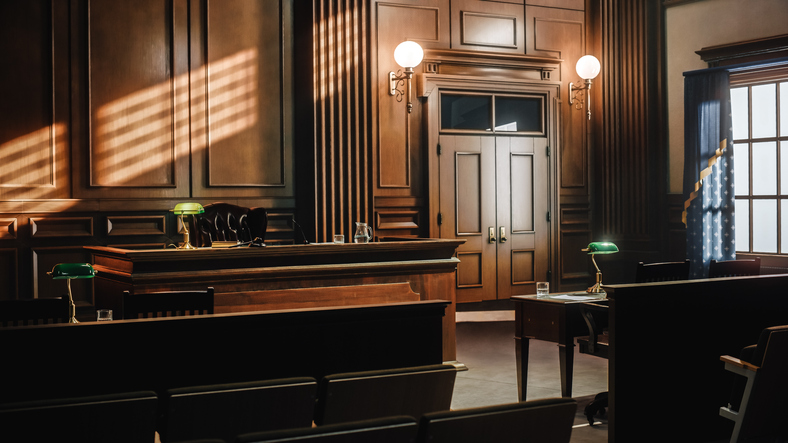It happens more than you would think: a court preliminarily admits a will for probate before some family members even know it has been filed and before they have had an opportunity to contest it. There are a variety of reasons a will can be contested. Perhaps someone exercised undue influence over your deceased loved one to con them into changing their will. No matter why the will is invalid, many people panic when they receive notice that the will has been admitted by the court.
Fortunately, you can contest a will even though the court has already admitted it to probate. Under Florida law, you can petition to revoke probate and contest the will that has been accepted. To do so, any interested person, including beneficiaries under a prior will, can file a petition to revoke probate. This initiates a legal proceeding called Revocation of Probate.
What is a petition to revoke probate?
A petition to revoke probate is a legal document that any interested party can file to contest a will that the court has already admitted to probate.
Florida Probate Code Section 733.109 explains the process for contesting a will through a Revocation of Probate proceeding. According to the statute, any interested person, including former beneficiaries who have been disinherited in the will that is being probated, can commence a Revocation of Probate proceeding by filing a petition to revoke probate. However, if an interested person has received notice of the proceedings and has not taken action within the time indicated in the notice, they will be barred from seeking revocation of probate.
The petition can be filed any time before the final discharge of the personal representative once probate has been completed. Under Florida Probate Rule 5.270, a petition for revocation of probate must include the filer’s interest in the estate and facts establishing the grounds for revocation.
While the proceedings are pending, the personal representative of the estate is required to continue with the administration of the estate as if no revocation action had been commenced. However, no distribution may be made to beneficiaries in violation of the rights of those who, but for the contested will, would be entitled to the estate assets.
When should I contact a probate lawyer?
If you’ve received notice that a questionable will has been admitted to probate, you should contact a probate lawyer immediately. Depending on how you received notice, your deadline to seek revocation of the will may be longer or shorter. Revoking probate is not an easy process, and you should partner with an experienced probate litigation attorney who can help you identify the grounds that may exist for contesting a will and filing a petition to revoke probate.
Read More
Can You Revoke Probate?
What Is an Administrator Ad Litem?
How Does a Pour-Over Will Work?
About RMO Lawyers, LLP
RMO LLP provides personal and efficient inheritance dispute services to individual and institutional clients. The firm’s attorneys focus on probate litigation involving contested trust, estate, probate, and conservatorship matters. Serving California and Texas, with offices in Los Angeles, Pasadena, Orange County, San Diego, Fresno, the Bay Area, Dallas, and Houston. For more information, please visit RMO Lawyers.


